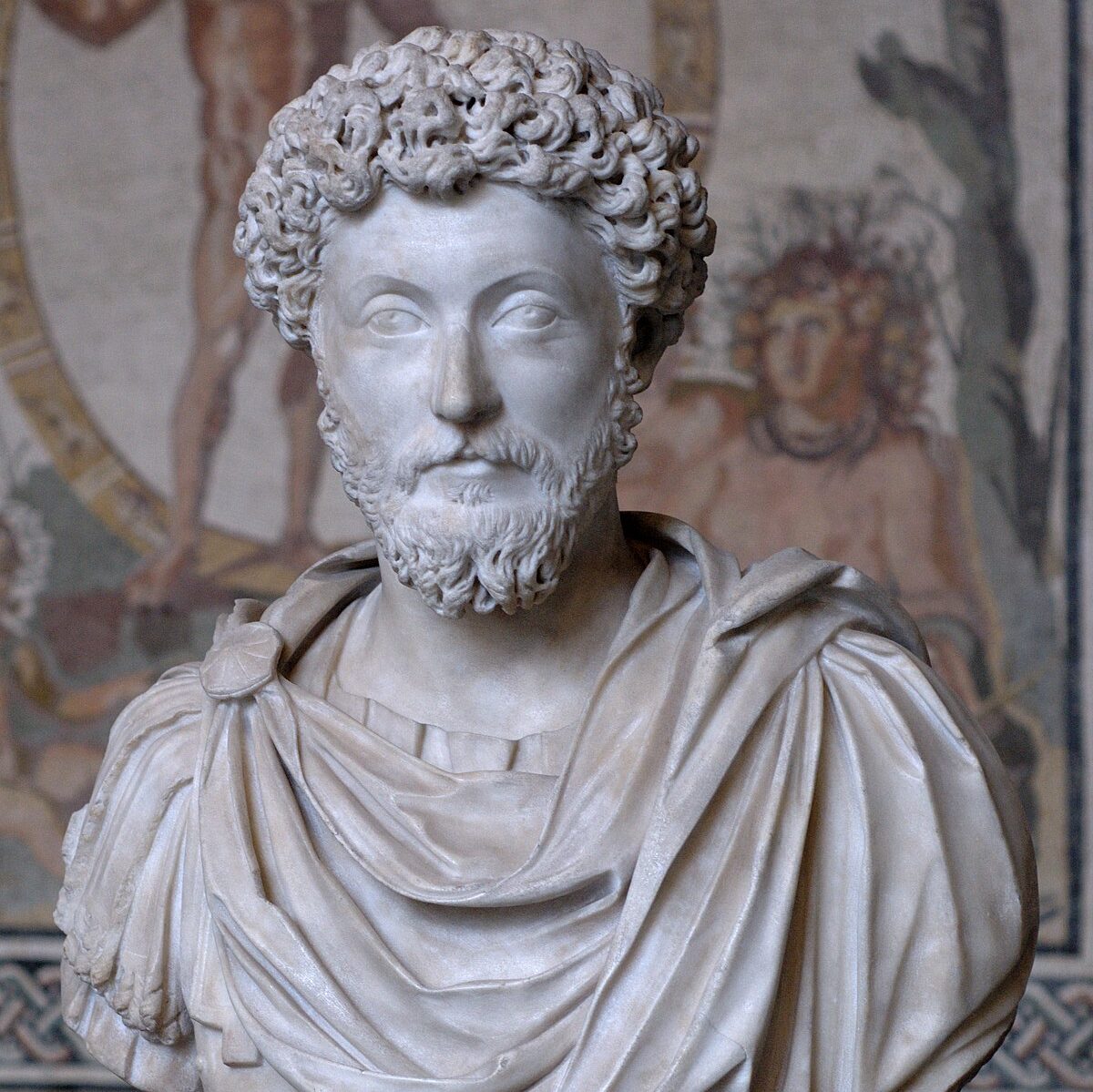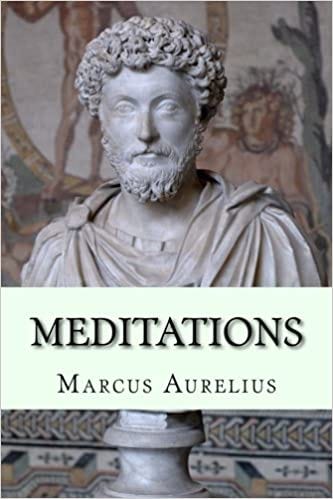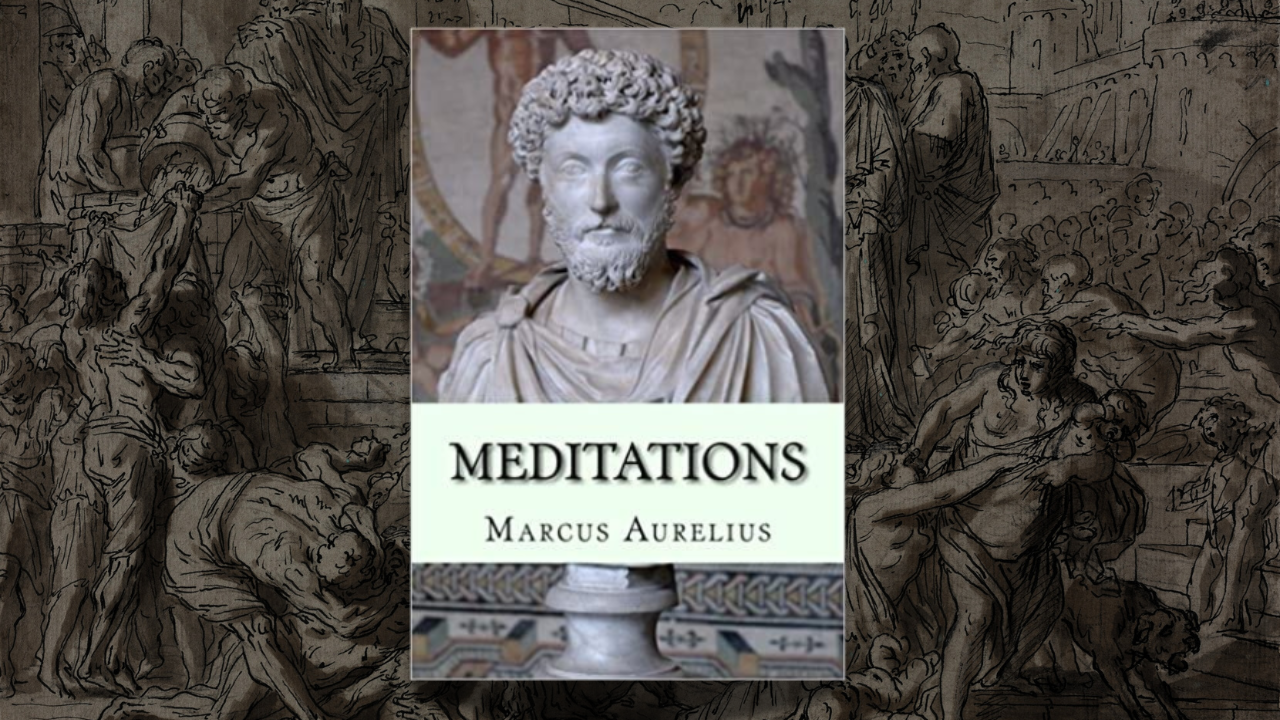Some books speak to your mind, others to your soul. Meditations by Marcus Aurelius does both. Written nearly 2,000 years ago, this collection of personal reflections from a Roman emperor is surprisingly relevant today. It’s not tied to any religion or belief system—it’s a guide to living with integrity, resilience, and purpose.
When I first picked up this book, I expected it to be dry and distant—after all, it’s ancient philosophy. But what I found was a deeply personal and relatable voice, someone who struggled with the same challenges we all face: stress, self-doubt, dealing with difficult people, and finding meaning in a chaotic world.
Who Was Marcus Aurelius?
Before diving into the key insights, it’s helpful to know who Marcus Aurelius was. He was the Roman emperor from 161 to 180 AD, one of the most powerful men in the world at the time. Yet, Meditations isn’t about power or politics. It’s a series of private notes he wrote to himself—reminders to stay grounded, compassionate, and wise.

What struck me is how human he comes across. Despite being an emperor, he grappled with the same internal battles we do. He was constantly reminding himself to rise above distractions, pettiness, and ego. And that’s what makes this book timeless—it’s raw, real, and universally applicable.
Key Themes and Reflections from Meditations by Marcus Aurelius
1. Focus on What You Can Control
One of the central messages in Meditations is that we should focus on what’s within our control and let go of what isn’t. Marcus emphasizes that while we can’t control external events, we can control how we respond to them.
“You have power over your mind—not outside events. Realize this, and you will find strength.”
This line hit me hard. How often do we stress over things we can’t change? Traffic jams, other people’s opinions, unexpected setbacks—most of these are outside our control. Marcus’ reminder helped me shift my energy from worrying about external circumstances to managing my inner response. I’ve started asking myself, “Is this within my control?” If the answer is no, I focus on letting it go.
2. The Impermanence of Life
Another recurring theme is the fleeting nature of life. Marcus frequently reflects on how temporary everything is—our problems, our successes, even our existence. But instead of this being depressing, it’s actually liberating.
“Do not act as if you were going to live ten thousand years. Death hangs over you. While you live, while it is in your power, be good.”
This was a wake-up call for me. How often do we procrastinate or get caught up in trivial matters, forgetting that time is our most precious resource? This idea made me more conscious of how I spend my days. I started focusing on what truly matters—building meaningful relationships, pursuing my passions, and being present in the moment.
3. Dealing with Difficult People
We all encounter people who frustrate us. Marcus had his share of challenges as a leader, yet his approach to dealing with difficult individuals is remarkably compassionate.
“When you wake up in the morning, tell yourself: The people I deal with today will be meddling, ungrateful, arrogant, dishonest, jealous, and surly. They are like this because they cannot tell good from evil.”
This sounds harsh, but it’s actually a call for empathy. Marcus encourages us to anticipate human flaws and respond with patience and understanding. Instead of getting irritated, I’ve started reminding myself that everyone is dealing with their own struggles. This shift has helped me remain calm in situations where I’d normally lose my cool—whether it’s a rude customer service agent or a difficult coworker.
4. Living with Purpose and Integrity
Marcus constantly reminds himself to live according to his values and fulfill his duties without seeking external validation. He believed that true fulfillment comes from living with purpose and integrity, not from chasing fame or fortune.
“Waste no more time arguing about what a good man should be. Be one.”
This line is so simple yet so profound. It’s a reminder that we spend too much time debating right and wrong when we should just act with kindness, honesty, and courage. After reading this, I stopped overthinking every decision and started focusing on doing what felt right in the moment.
Real-Life Applications of Stoic Wisdom
You don’t have to be an emperor or a philosopher to benefit from Marcus Aurelius’ wisdom. Here’s how I’ve applied his teachings in everyday life:
- Morning Mindset: I start my day by mentally preparing for potential challenges, reminding myself to stay calm and compassionate.
- Letting Go of Control: When I face unexpected problems, I ask, “Is this within my control?” If not, I let it go.
- Practicing Gratitude: I remind myself of life’s impermanence, which makes me more grateful for each moment.
- Empathy in Relationships: I try to see difficult people through a lens of compassion, understanding that their behavior often reflects their inner struggles.

Why Meditations by Marcus Aurelius Is a Spiritual Guide
Although Meditations is rooted in Stoic philosophy, its teachings are deeply spiritual. They guide us on how to live a meaningful, ethical life, how to find peace amidst chaos, and how to connect with something larger than ourselves—whether that’s nature, humanity, or the universe.
The beauty of this book is its universality. It doesn’t require belief in any deity or dogma. It’s a guide for anyone seeking inner peace and strength through thoughtful reflection and purposeful action.
Final Thoughts
Meditations by Marcus Aurelius is more than just a book—it’s a lifelong companion. Every time I revisit it, I find new insights that resonate with my current challenges. It’s a reminder that while life can be unpredictable and tough, we always have the power to choose how we respond.
If you’re looking for a book that offers timeless wisdom, practical guidance, and spiritual depth, Meditations is a must-read. It’s not just a glimpse into the mind of a Roman emperor—it’s a mirror reflecting the struggles and potential of every human being.
Have you read Meditations by Marcus Aurelius? How has it influenced your life? If you haven’t, I highly recommend picking it up—you might find that the words of a long-gone emperor speak directly to your soul.

